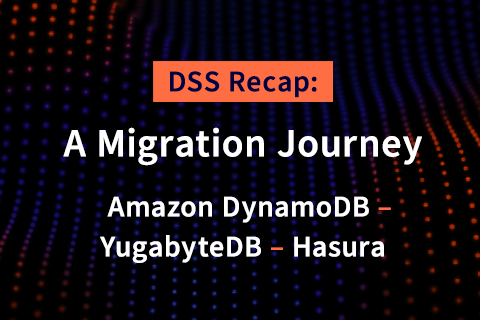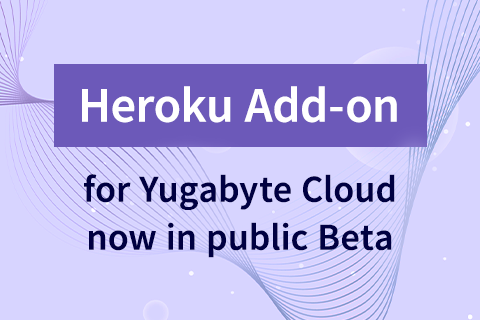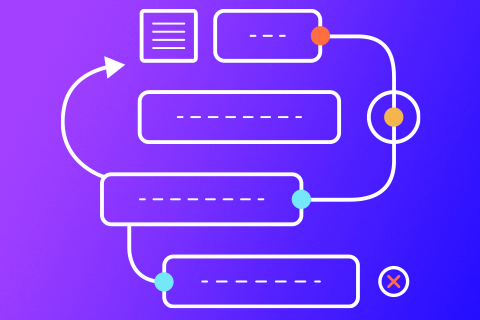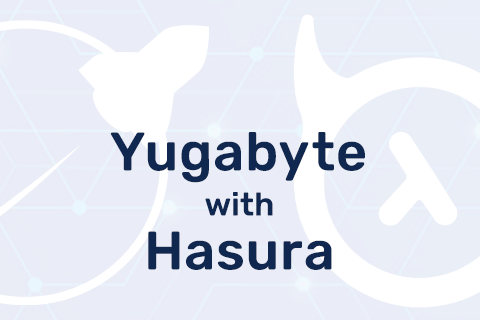Building Resilient GraphQL Apps and Scaling Them to 1M Subscriptions
GraphQL provides a query language for APIs, giving UX developers autonomy over querying APIs and the database.
The advantages of using GraphQL for UX applications are well understood. GraphQL clients can retrieve only the data needed in the UI application. GraphQL provides a strong type system that avoids manual code parsing and data filtering that takes up precious processing cycles when rendering the UI to users. Additionally, GraphQL increases UX development’s velocity, and the feedback cycles needed for designing API responses are minimized.
…





